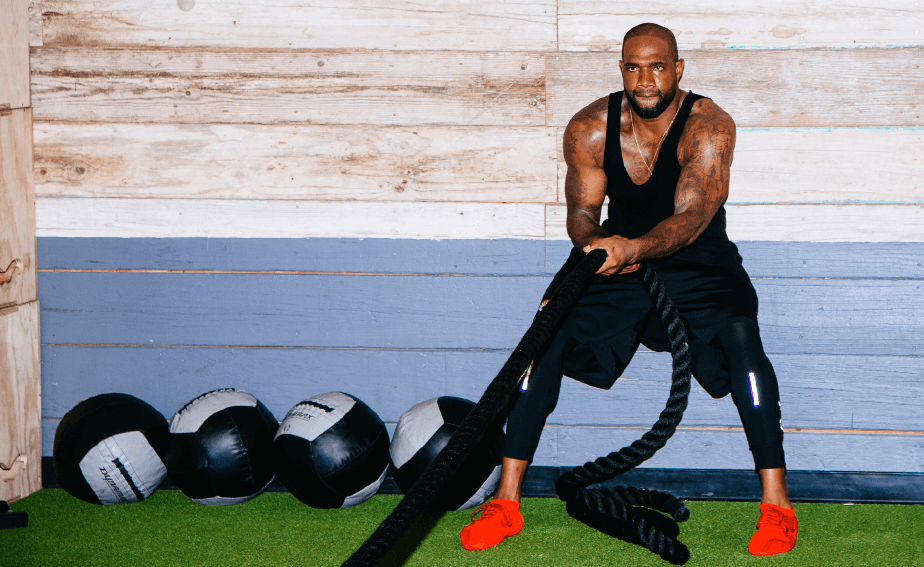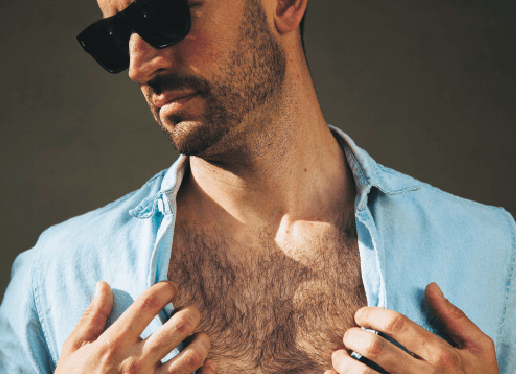How to perfect good hygiene habits at the gym


It’s all fun and games until you start itching and scratching in the most unlikely places.
More than the cut abs you plan to show off in Instagram in all their unfiltered glory, there’s one thing you should take to heart after every workout or a good round or two of your chosen sport: hygiene. Something as essential as this can be easily forgotten, especially when fatigue starts to kick in or you’re pressed for time.
Dr. Grace Carole Beltran, dermatologist and cosmetic surgeon at St. Luke’s Medical Center, considers staph infection as one of the most common skin diseases contracted by athletes playing contact sports. Mainly caused by staphylococcus bacteria, it usually looks like a harmless scratch on the skin, but when left untreated, it can result to swelling and abscess. According to The Mayo Clinic, although considered minor, staph infections can become deadly should bacteria reach the deep recesses of the body and enter the bloodstream—a critical situation that could be avoided by simply washing up before and after getting your sweat on.
Professor Toffy Ilagan, Deftac Philippines Brazilian Jiu Jitsu black belter, advises one important to-do: “Always wash your gi (or any sports uniform) after every use.” It’s a no-brainer, but there are folks who simply rely on the sniff test to determine the continued wearability of a used outfit instead of throwing it into the washer already. For activities that call for bare feet like Jiu Jitsu, feet must especially be clean and dry before stepping on the mat. “It’s also a show of respect for your team mates who will be sharing the mats with you.” For thorough disinfection, he recommends using products with the anti-bacterial tea tree oil. Disinfection is actually of utmost importance to those engaged in contact sports, since these activities rely on skin-to-skin action, which facilitates the transfer of germs.
But while alcohol and pocket-sized hand sanitizers seem to be the quickest ways to disinfect, they’re not always the answer. Says Beltran. “If you have atopic dermatitis, sanitizers can dry out the skin, remove its natural oils, and make sensitive skin all the more itchy and irritated.”
The shirt on your back could also be a potential source of skin conditions when left unchecked. Remember how your mother or yaya used to incessantly nag you about changing your clothes right after a round or two of basketball? You may have not been aware then of the health consequences of letting your soaked shirt dry on your body (maybe except for the myth of pasma that until today is yet to be proven). “Bacterial and fungal infections thrive in moist places, and they more frequently occur when your skin is still damp from physical activities,” explains Beltran. “Your skin softens when it’s covered in sweat, thus making it easier for bacteria to penetrate it. That and allowing your sweat to dry without showering off the accumulated dirt may result to infections.”
If you are on the heavier side, you might have also experienced intertrigo, a condition that occurs when you sweat and there’s friction between the folds of your skin, resulting to redness, irritation, and even a burning sensation. Another form of dermatitis from friction is tinia cruris—had-had in Filipino—that mainly occurs in the armpits and the groin. It’s characterized by reddened, even inflamed skin, with the affected area slightly raised. Skin could be flaky or peeling, and feel itchy or painful to touch.
Avoid these skin conditions by toweling off sweat during water breaks; just make sure you’re using your own towel that you haven’t shared with anyone and have kept in a dry place, away from possible contact with other people’s belongings. Towel dry yourself completely after showering or swimming as well, and avoid wearing polyester fabrics that don’t let the skin breathe.
And before heading off to your P.E. sesh, spray on a generous amount of anti-perspirant to ensure you stay as dry as possible.
Writer: Chuchie Ledesma









